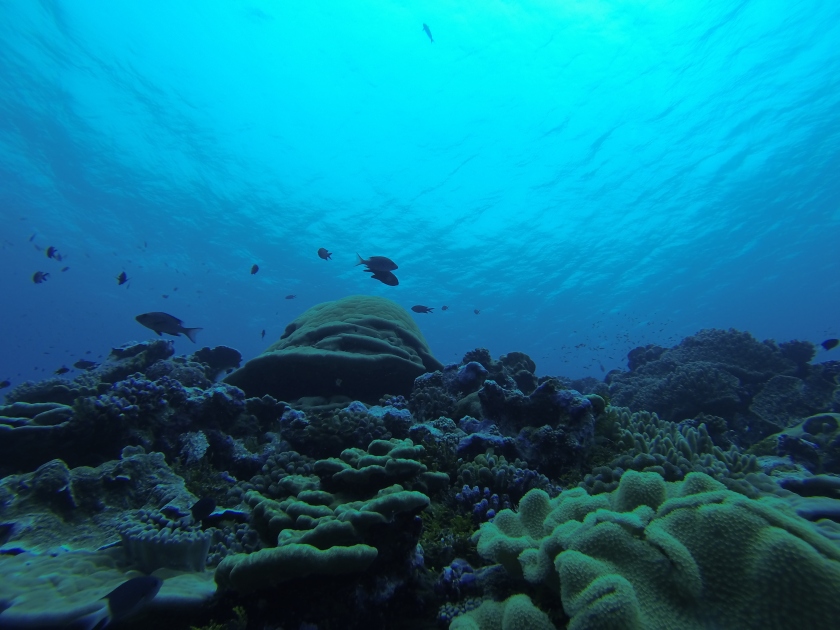
Article Title:
Global microbialization of coral reefs
Authors:
Andreas F. Haas, Mohamed F. M. Fairoz, Linda W. Kelly, Craig E. Nelson, Elizabeth A. Dinsdale, Robert A. Edwards, Steve Giles, Mark Hatay, Nao Hisakawa, Ben Knowles, Yan Wei Lim, Heather Maughan, Olga Pantos, Ty N. F. Roach, Savannah E. Sanchez, Cynthia B. Silveira, Stuart Sandin, Jennifer E. Smith & Forest Rohwer
Journal:
Nature Microbiology, Apr 25, 2016
Universal Link:
DOI: 10.1038/nmicrobiol.2016.42
Great article! It basically wraps up the side-effects of carbon dosing and algae blooms and how they affect corals negatively (including everything up to and including mortality). It even offers a likely explanation of the mechanism at work.
To me this article goes a long way toward explaining the inconsistent results (and downright problems) that are associated with carbon dosing and even algae filtration in real life aquariums.
Both are used as a simple remedy to address nutrient accumulation.
Unfortunately, as this article explains, neither is a simple remedy.
Both have similar, interlocked negative side effects for corals and their allies, which the article refers to as the “DDAM loop”. DOC, Disease, Algae and Microorganisms.
On coral reefs, the proximal causes of microbialization are overfishing and eutrophication, both of which facilitate enhanced growth of fleshy algae, conferring a competitive advantage over calcifying corals and coralline algae. The proposed mechanism for this competitive advantage is the DDAM positive feedback loop[..] where DOC released by ungrazed fleshy algae supports copiotrophic, potentially pathogenic bacterial communities, ultimately harming corals and maintaining algal competitive dominance.
This illustrates why having a competent cleanup crew staying on top of your algae is absolutely essential at all times.
labile DOC exuded by fleshy algae feeds copiotrophic, pathogen-like microorganism, which threaten corals
“Labile” DOC is contrasted with DOC from coral exudates. There are apparently significant differences to coral DOC, and it leads to significant differences in the microbial community.
